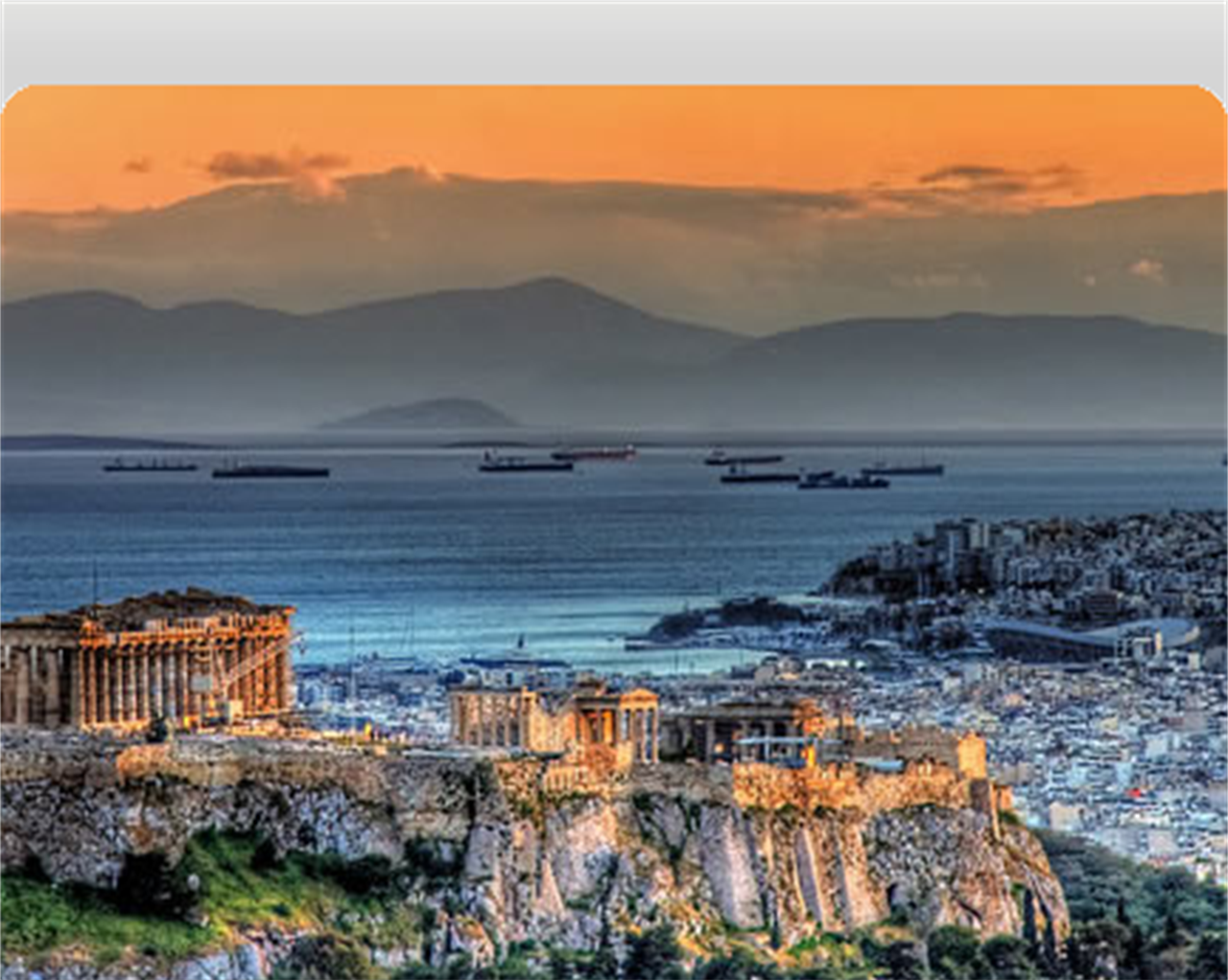Non profit
A new dawn
Interview with Constantinos Boucaris, chairman of Transparency International in Greece.
di Rose Hackman

Constantinos Boucaris, chairman of the Greek chapter of Transparency International, talks to Vita Europe about the effects of corruption on the Greek economy and citizens’ moods, and explains why he is “cautiously optimistic” about his country’s current situation.
How tied to corruption would you say the current crisis in Greece is?
We at Transparency International think that if you want to deal with any economic crisis anywhere in the world, you cannot ignore problems of corruption.
Having said that, in Greece it is directly related. We have a huge problem of tax evasion. According to studies undertaken by economists, the non declared gross national product of Greece is somewhere around one third. This is a huge amount of GDP that is not being declared, amounting to around 100 billion euros or 18 to 20 billion euros that should be in the coffers of the government every year and is not.
Would you say there has been a laxity or acceptance tied to the practice of tax evasion up until now?
Corruption is not a new problem in Greece but a historical one. What we found in a recent Transparency International study on Greece, the results of which were published last March, was that what affects Greeks on a daily basis though, even if it is not as significant economically is petty corruption. This is the corruption that arises from the every day dealings of individual citizens with the public sector, but also individual citizens with the private sector.
How widespread did you find this was?
We found evidence in 14 per cent of the households surveyed, of bribery in doing their business. Which is one in every 7.5 citizens. There are three main areas where this occurs. The medical area, by which I mean dealings with doctors and hospitals. Then there is tax inspection, and finally the area of construction permits and licences. The tariffs for these types of bribery vary. For a car inspection, we found that there is a fixed rate of around 300 euros, but most other dealings go between hundreds of euros to one thousand, depending on the case.
How significant is petty corruption to the economy?
We have estimated that in 2009, petty corruption amounted to around 800 million euros, which is around 1 per cent of the government’s annual budget.
What are the consequences on national mood though?
People have been very tolerant for a long time, but now they are no longer. The reason we undertook to make this study is that we felt that there is a will to change the system. Up until very recently, the opportunities to enforce the law were minimal, which is why it was so widespread.
People are fed up?
More and more people now recognise that all the problems we have had and the accumulation of debt that we have had, was related to corruption and a lack of visionary leadership. But it was also the responsibility of Greek citizens. The public did not make politicians answerable for what they were doing. In that sense, we are all responsible for what has happened. I am optimistic though.
Optimistic?
Yes. I think things are changing and basically I tend to hope that the economic crisis will become a catalyst for a lot of changes in my country.
Changes on the ground or within politics?
Both. We have a government that is totally committed to fighting corruption. I say that because in the last seven months specific measures have already been taken. It is not simply words. The previous government came in in 2004 with a lot of promises, but unfortunately they did not follow through. The current administration has been able to recognise corruption as a national issue, that goes across the board and has assembled different actors to fight it beyond party lines.
How do you perceive the demonstrations that have been going on over the last few weeks?
Apart from the tragic death of three people, they are good news. People are finally not as tolerant as they have been in the past. We are seeing demonstrations one behind the other. Not only because of the disillusionment but also for the need to punish the people who have been responsible for what has happened.
How active have civil society organisations been?
Together with other NGOs here, Transparency International is responding by trying to mobilise even more people in order to put even more pressure on politicians to take action.
What does the future look like?
It could be good. There have been commitments by all parties for reform. The problem they will have to face is that their credibility as well as that of our democratic institutions is close to zero with Greek citizens right now. No one trusts them to be capable or honest. No one believes that they are really looking out for the benefit of the country and its citizens and that they are not looking for their own enrichment. Restoring credibility is their greatest challenge. Otherwise it will really be civil war between citizens and the government.
17 centesimi al giorno sono troppi?
Poco più di un euro a settimana, un caffè al bar o forse meno. 60 euro l’anno per tutti i contenuti di VITA, gli articoli online senza pubblicità, i magazine, le newsletter, i podcast, le infografiche e i libri digitali. Ma soprattutto per aiutarci a raccontare il sociale con sempre maggiore forza e incisività.
